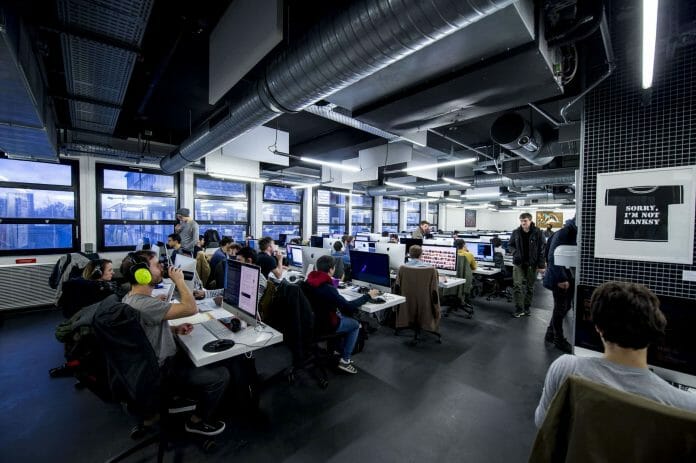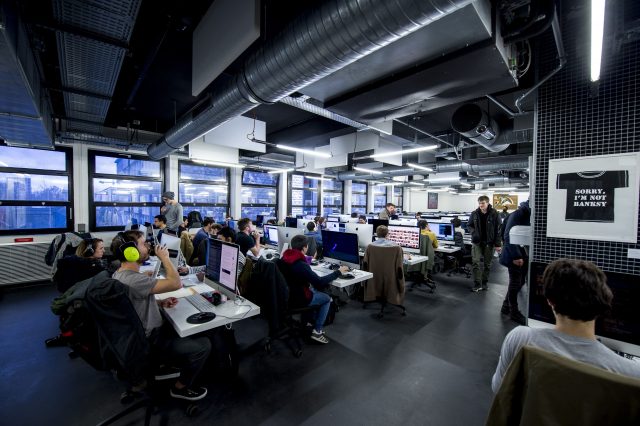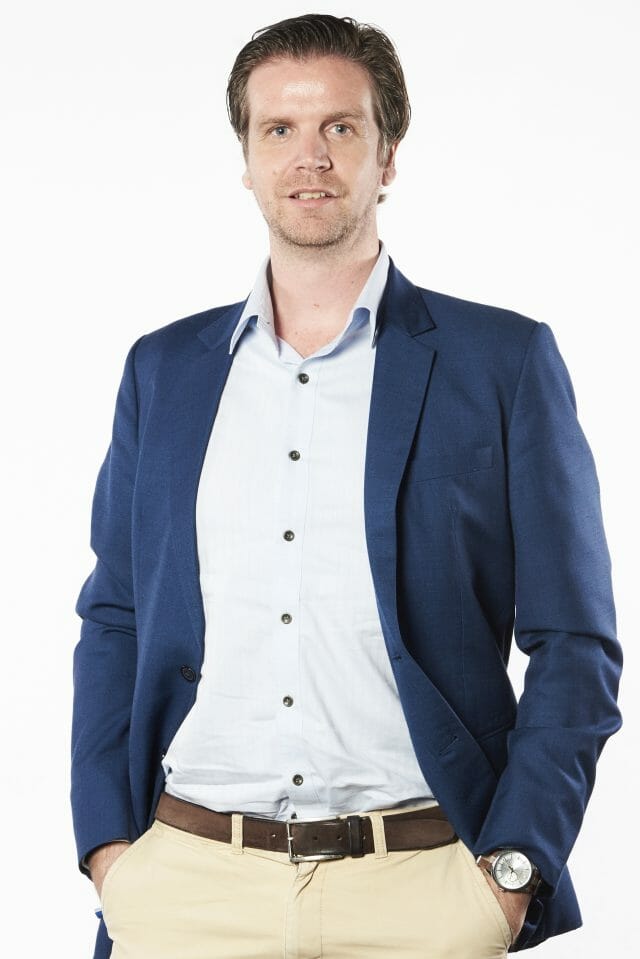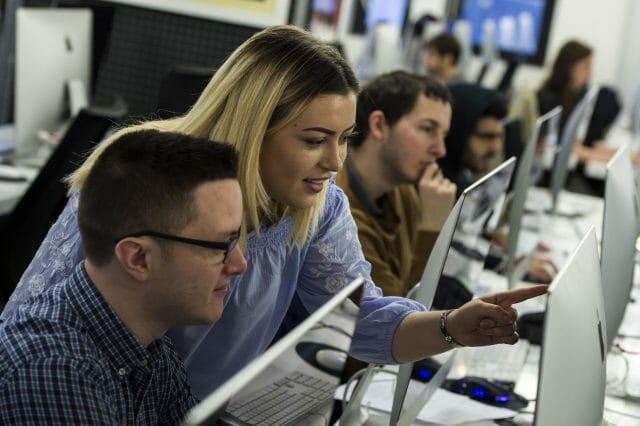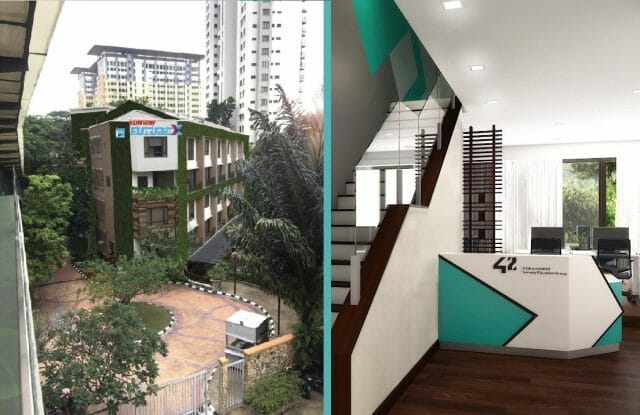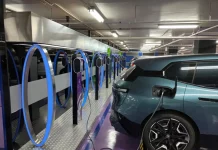By Poovenraj Kanagaraj,
Funded by French billionaire, Xavier Niel, the non-profit and tuition free computer programming school, 42, first opened in Paris in 2013. The school known for not having any professors and its 24/7 accessibility has since seen similar programmes based off it open in other parts of the world.
In July 2020, the Sunway Education Group held a virtual launch of 42KL marking the world-renowned coding school’s opening in Malaysia. Matt van Leeuwen, Sunway Group Chief Innovation Officer and Sunway’s iLabs Director sits down with Business Today for a chat on what the school is looking to do for the future of education in the country.
“Through our work with iLabs, we work with a lot of corporations, SMEs and industries. And we hear the same issue over and over again. The issue of recruiting quality digital talent,” he says.
He further points out that the rising issue is part of three problems. The first being universities nationwide are not providing new programmes fast enough. This is due to courses requiring MQA accreditation which is a process that takes over a year.
“We can’t expect what we thought five years ago to be relevant today,” he points out.
Secondly, Van Leeuwen says there is hardly attention paid to problem solving skills and thirdly, there is a mismatch between supply and demand. “I have been hearing some alarming trends of unemployment recently and that is worrying,” he says.
Graduates from 42 have been known to enter industries that requires coders and data scientists. 42KL hopes to achieve a similar level of success here in Malaysia.
Prior to bring the famous coding school to Malaysia, Sunway’s education arm had been on the search to revolutionise the education sector. They went on a worldwide search in various countries, testing out different bootcamps and coding schools but nothing suited the Malaysian ecosystem at the time until they met with the team behind 42.
42KL uses project-based learning methods throughout the curriculum. Participating students work to develop fundamental technical competencies, affording them adaptability skills that are necessary for integration with the digital workforce.
“This means it imitates real-world work, encouraging students to learn not just coding skills but also necessary skills such as time management and build conceptual frameworks as well,” Van Leeuwen tells Business Today.
The school does not come with professors, instead its curriculum is based on peer-to-peer learning. The pedagogy aims to develop adaptability skills, problem solving as well as self-learning skills. The chief innovation officer also pointed out that questions on the absence of fees raised doubts on the quality of the school.
There are no classes per se, as students control what, when and how they learn with the programme, Van Leeuwen says. As the entire programme is gamified, there will be no grading system. Progress is accounted for using experience points through the completion of each project.
The final 150 students that are chosen to enter the school will embark on Levels 1 to 7, which will last for 12 months. Thereafter they may choose to seek employment or return to complete Levels 8 to 21, the specialization stage which will last approximately for another 24 months.
Alumni students will also be able to have access to all curriculum involved, including new projects but with no possibility to change his or her level on the final certificate. Upon their graduation, 42KL’s alumni will be absorbed into 42;s global network.
According to the chief innovation officer, every student gets an average two job offers from companies while they are in 42. “Our anchor partners who have signed up are committed to recruiting from 42KL,” he says.
“Industry partners that come on board with us gets to recruit up to 10 students each but at the end of the day, it’s up to students. They are not obliged to do so,” Van Leeuwen shares. Anchor partners that have signed up thus far include Sunway Group, CIMB, Roland Berger, DHL, Huawei and Carsome.
There are two ways corporations can participate in 42KL. They can either choose to be an anchor partner or a community partner. Anchor partners’ commitments include a sponsorship fee for the school in return, they get access to talents for industry placements or direct recruitments for their companies.
As for community partners, their roles varies from being involved in running extracurricular talks, workshops or hackathons on the schools to helping marketing and outreach activities.
RISING SKILLS GAP
“Generally there’s a gap between industries and academia, in technology it’s even wider and seeing the lack of talent is actually quite frightening,” says Van Leeuwen. He also says that talents produced may not be relevant to industries when they graduate especially in the current rapidly evolving landscape.
“Therefore, it is important for us to explore how to disrupt education, especially tech education, so we can drive ourselves towards becoming the high-income, high innovative nation that we aspire to be,” he tells Business Today.
He further urges for more programmes like 42 to plant roots in Malaysia, hinting on the need for more digital talent in the country.
The chief innovation officer has also expressed his interest on expanding programme nationwide and while the KL campus has attracted attention of interested parties in both Penang and East Malaysia, Van Leeuwen says it depends on how 42KL performs before similar branches can be established across the country.
The Malaysian campus will be situated within the FutureX building in Sunway City Kuala Lumpur and will operate with 42’s innovative model in a tripartite collaboration among Sunway Education Group, Sunway iLabs and MDEC.
“We chose to locate the first 42 here in Sunway City KL as we are envisioning it as a “living laboratory”, an open innovation eco-system where research and innovation can take place within a public-private-people partnership,” he concluded.


